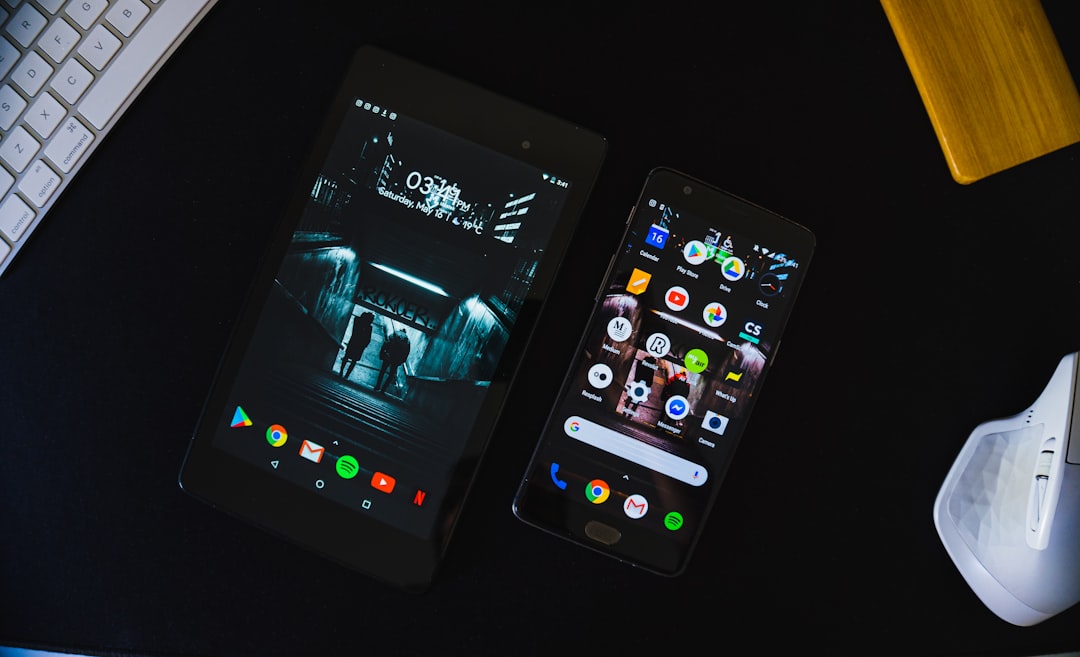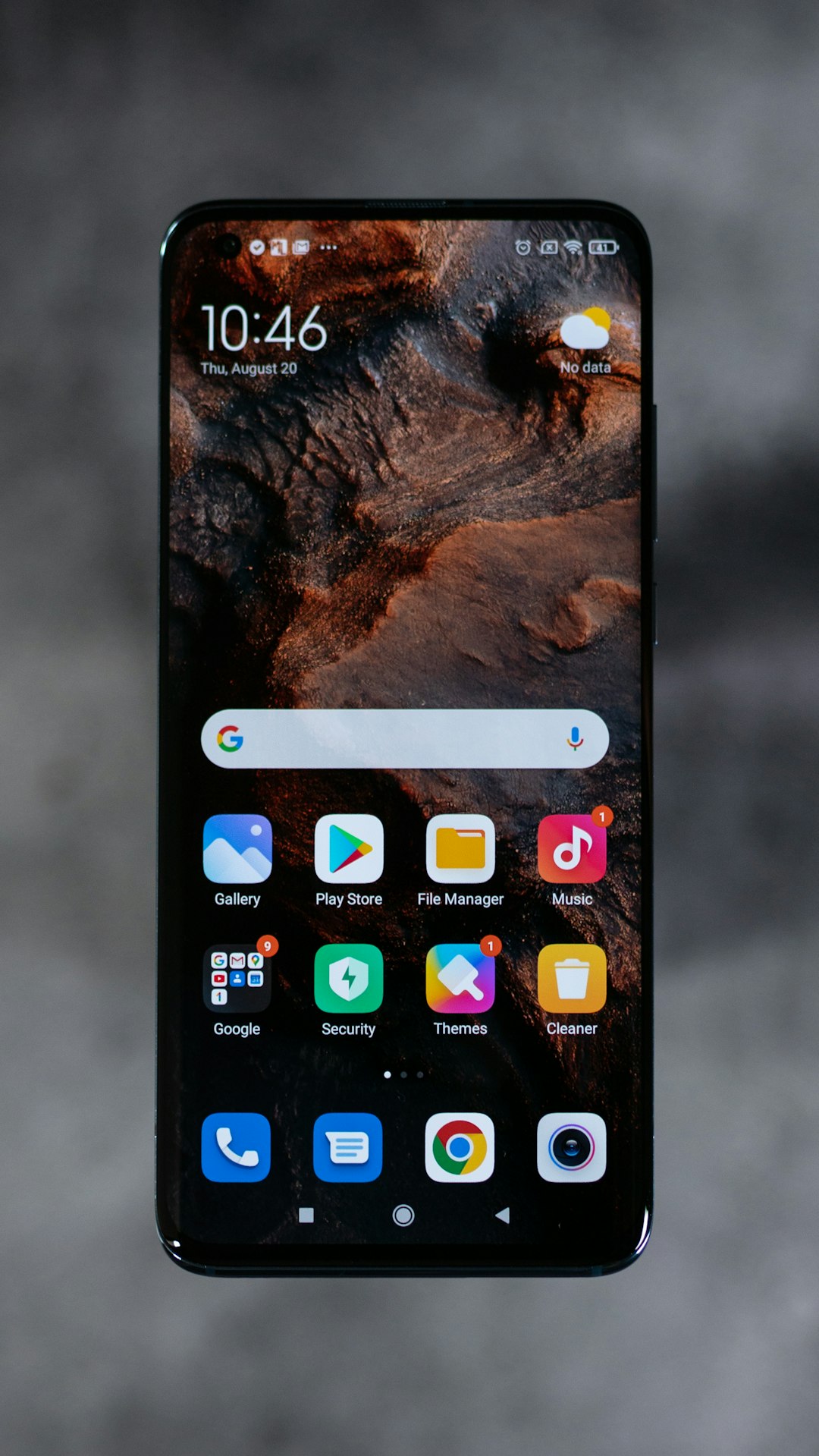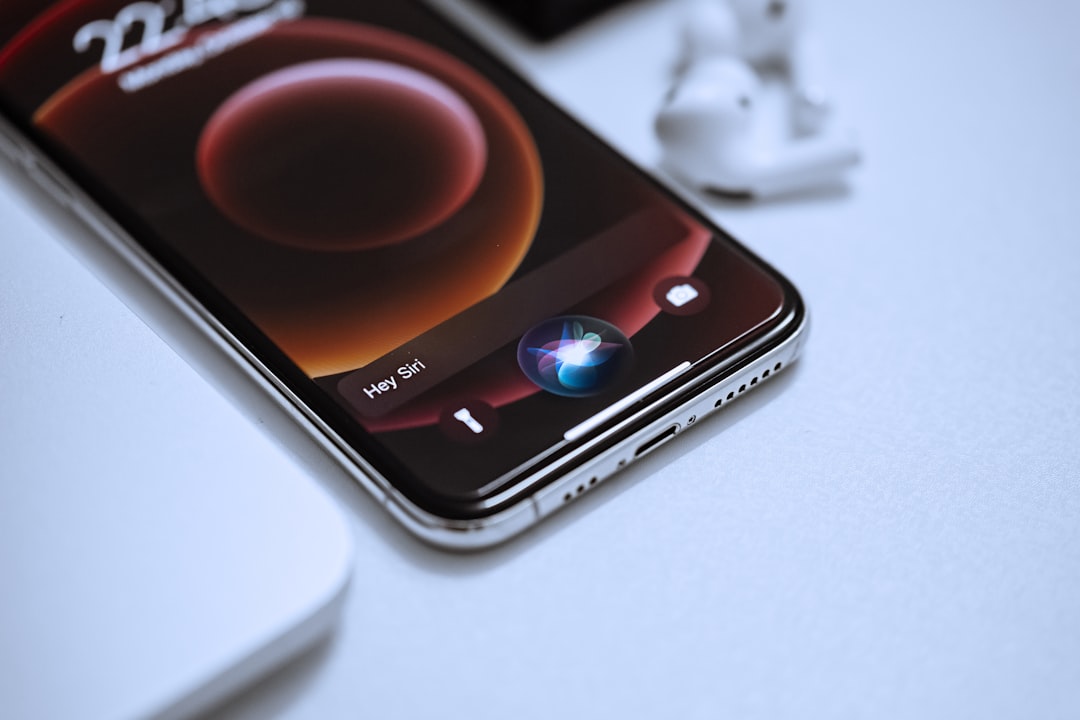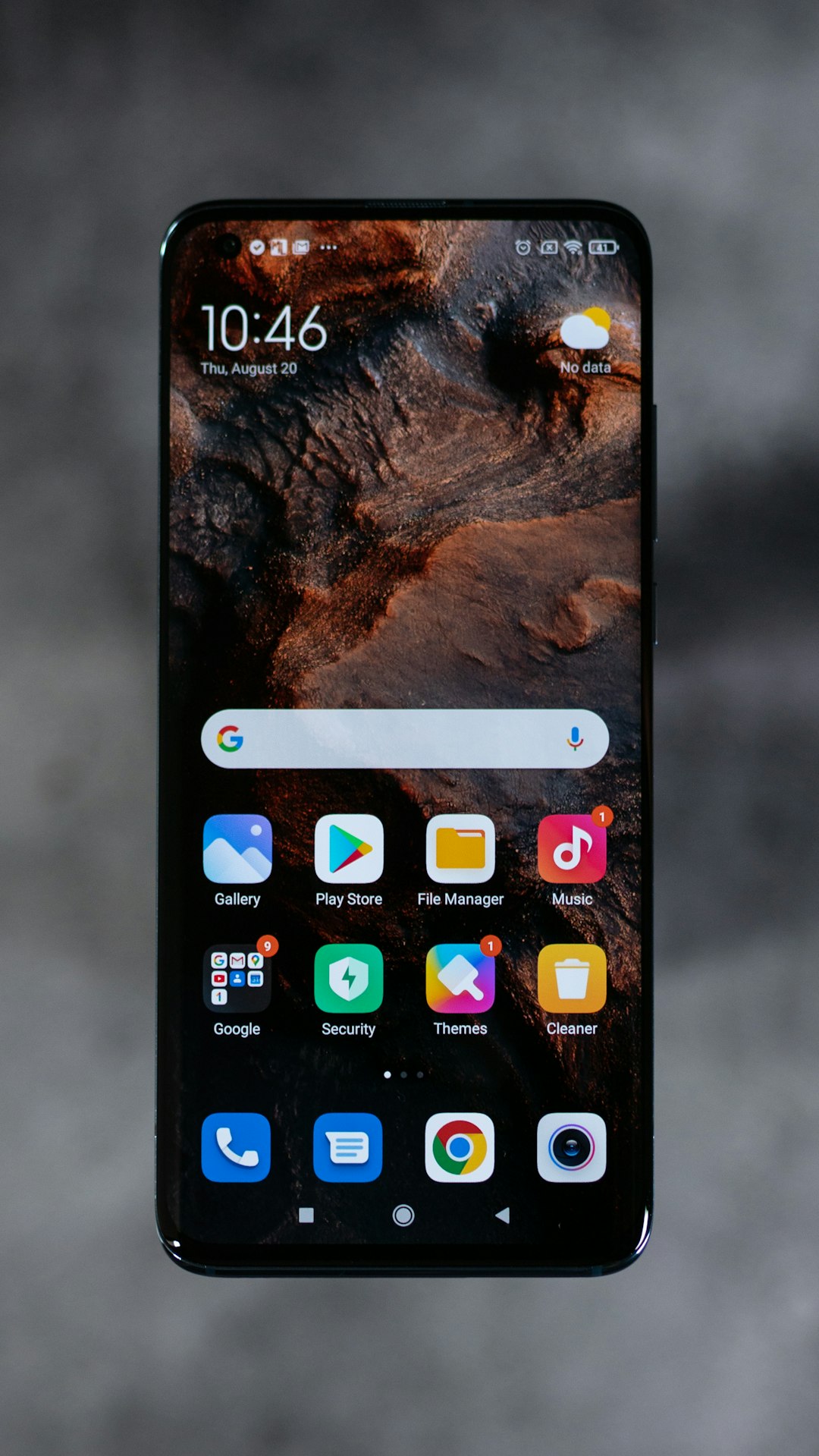New Hampshire's strict Do Not Text laws aim to enhance road safety by banning driver distractions, including text messaging and online browsing, with significant penalties for violators. These laws, applicable to various forms of electronic communication, protect individuals from unwanted messages and promote digital privacy. Compliance is crucial for both locals and visitors, helping reduce accidents and fostering responsible digital citizenship. By keeping phones out of reach, enabling 'Do Not Disturb' mode, and using blocking apps, drivers can ensure adherence to these regulations, prioritizing safety on New Hampshire's roads.
In the digital age, understanding local Do Not Text Laws is crucial, especially in states like New Hampshire where such regulations are in place. This comprehensive guide explores New Hampshire’s electronic messaging laws, clarifying what constitutes an electronic message and outlining potential penalties for violations. We delve into exceptions, offer safe guard measures, and emphasize the role of enhanced digital citizenship through compliance. By adhering to these guidelines, folks can ensure responsible communication while navigating the digital landscape.
Understanding the Do Not Text Laws in New Hampshire

In the state of New Hampshire, the Do Not Text laws are designed to promote road safety by restricting the use of electronic devices while driving. These laws not only prohibit sending or reading text messages behind the wheel but also apply to any activity that diverts a driver’s attention from the road. This includes interacting with social media apps, playing games, or browsing the internet on your phone. Violators can face significant fines and penalties, emphasizing the state’s commitment to ensuring safer roads for all users.
New Hampshire’s approach is part of a broader national effort to combat distracted driving. Understanding these regulations is crucial for both residents and visitors alike, as non-compliance can lead to severe consequences. By adhering to the Do Not Text laws, drivers can help reduce accidents and contribute to a more secure transportation system in the state.
What Constitutes an Electronic Message?

In the digital age, the term “electronic message” encompasses a wide range of communications. This includes text messages, emails, instant messages, and even voice mails. The Do Not Text Laws in New Hampshire aim to regulate all forms of electronic communication sent through various devices, such as smartphones or computers. These laws are designed to protect individuals from unwanted or harassing messages, ensuring their digital privacy.
To clarify, an electronic message is considered any digital transmission intended for a specific recipient or group. It can be a text containing words, a voice recording, or even a digital image or link. The key factor is the intent to communicate and the use of electronic means to do so. Understanding this definition is crucial in navigating the legal boundaries set by Do Not Text Laws in New Hampshire.
Penalties for Violating the Law

In New Hampshire, violating the Do Not Text laws can result in severe penalties for both drivers and senders. The consequences include substantial fines, which can reach up to $1,000 or more for repeated offenses. Additionally, offenders may face license suspension or even jail time, making it a serious matter. These strict measures are in place to ensure road safety by deterring distracted driving, as texting while driving is considered one of the primary causes of accidents and fatalities.
Exceptions and Safe Guard Measures

While Do Not Text laws in New Hampshire strictly prohibit composing or reading electronic messages while driving, there are exceptions to consider. If your vehicle is safely parked and you’re no longer actively operating it, sending or viewing texts may be permitted under certain circumstances. For instance, if an emergency situation arises, such as a medical emergency or a road hazard, you can use your phone to communicate. Additionally, some activities like navigation apps or hands-free voice commands might still allow for limited text interactions while adhering to the law.
To ensure safety and comply with the Do Not Text laws in New Hampshire, it’s crucial to follow safe guard measures. Keep your phone out of reach while driving to avoid the temptation to pick it up. Utilize features like ‘Do Not Disturb’ or dedicated apps that block text messages during specific times or while driving. Regularly update your software and consider implementing parental controls or app restrictions to limit distractions. Remember, these precautions not only help you stay within legal boundaries but also prioritize your safety and the safety of those around you on the road.
Enhancing Digital Citizenship through Compliance

In today’s digital era, where communication primarily happens through electronic messages, it’s crucial for individuals to understand and comply with laws that regulate this behavior, especially concerning the Do Not Text Laws in New Hampshire. These laws are designed not only to prevent distractions while driving but also to foster a culture of responsible digital citizenship. By adhering to these regulations, citizens can contribute to safer roads and enhance their online interactions.
Compliance plays a pivotal role in promoting positive digital behaviors. When individuals recognize and respect the Do Not Text Laws, they become more mindful of their electronic communication habits. This awareness encourages a sense of responsibility, ensuring that personal messages do not interfere with public safety or distract others from focused activities like driving. Enhancing digital citizenship through compliance goes beyond legal obligations; it fosters a community where respectful and mindful online interactions are the norm.






